Handwashing stations to prevent diseases in South Sudan
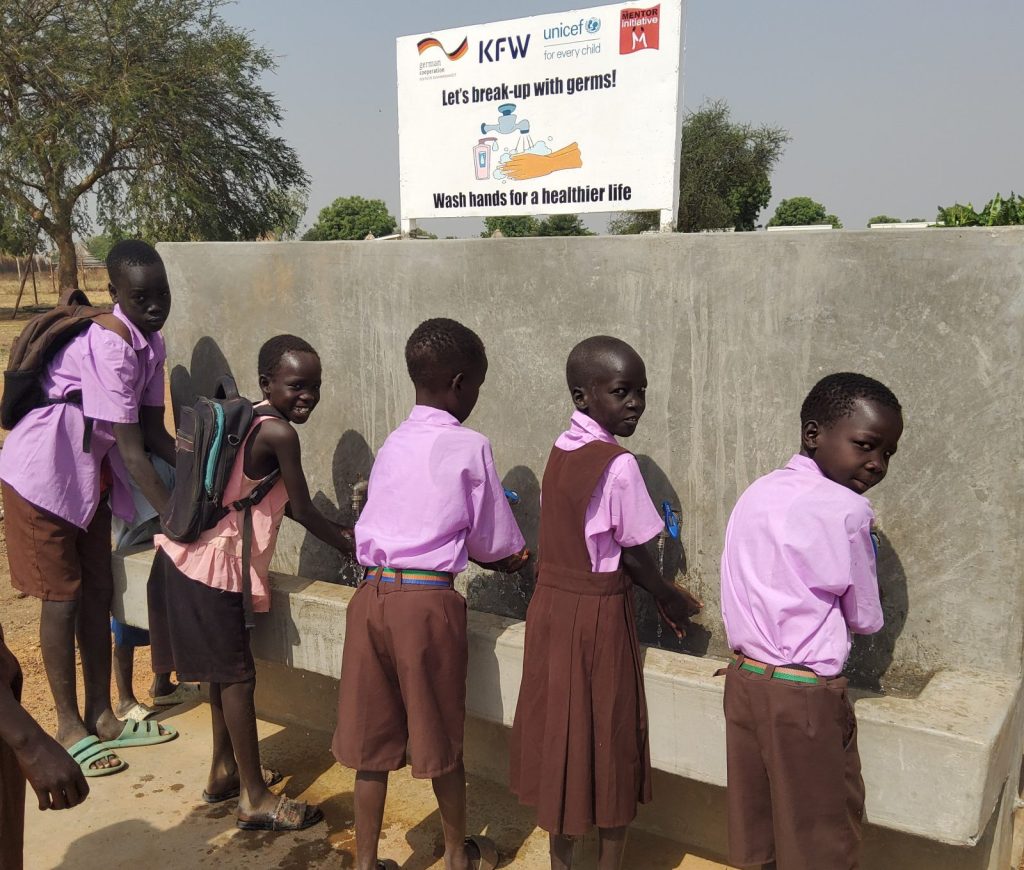
New handwashing stations in schools and health facilities are helping to prevent diarrhoeal and respiratory diseases in South Sudan, ensuring children stay healthy and don’t miss school. 24 hand washing stations have been successfully installed so far this year, improving access to handwashing and soap for around 7,000 children. These are on top of 5 […]
Annual Report 2022/23

MENTOR is happy to introduce our 2022/23 Annual Report, featuring stories from a year of programmes delivered across nine counties by our dedicated and committed team. In the report we meet some of the team who work in complex settings to prevent diseases, protect people, and improve access to healthcare in places with the highest […]
Dengue control in Venezuela
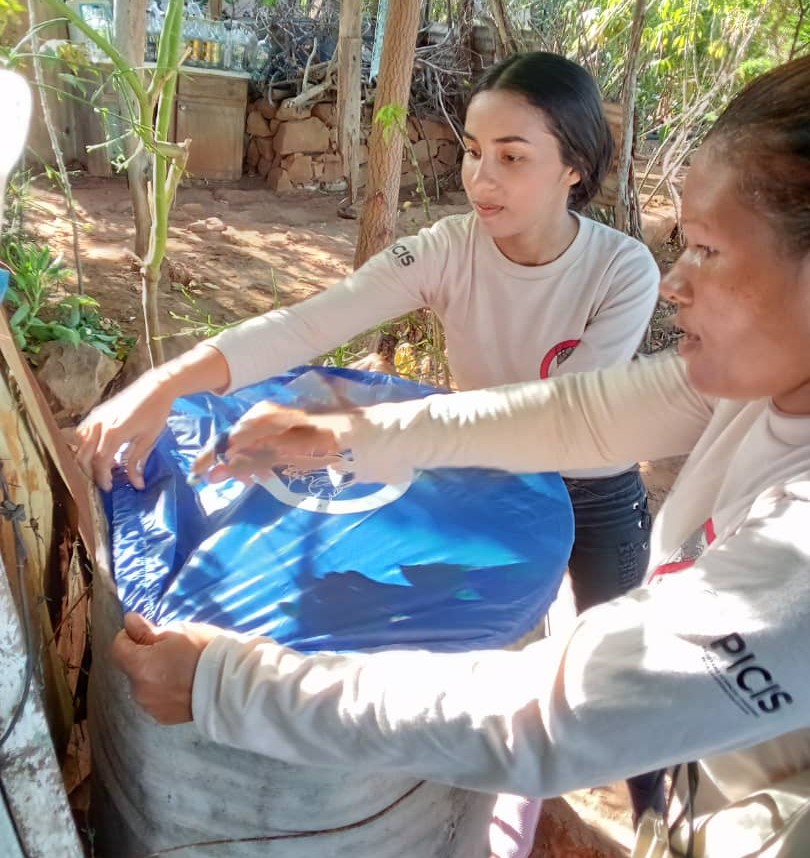
Poor sanitary conditions caused by the ongoing economic and political crisis in Venezuela have exacerbated the rapid spread of dengue fever in urban settings. This puts many people at risk from this dangerous arboviral disease, which infects an estimated 100-400 million people every year (source: WHO). The Aedes mosquito that transmits dengue breeds easily in […]
World Health Day 2023
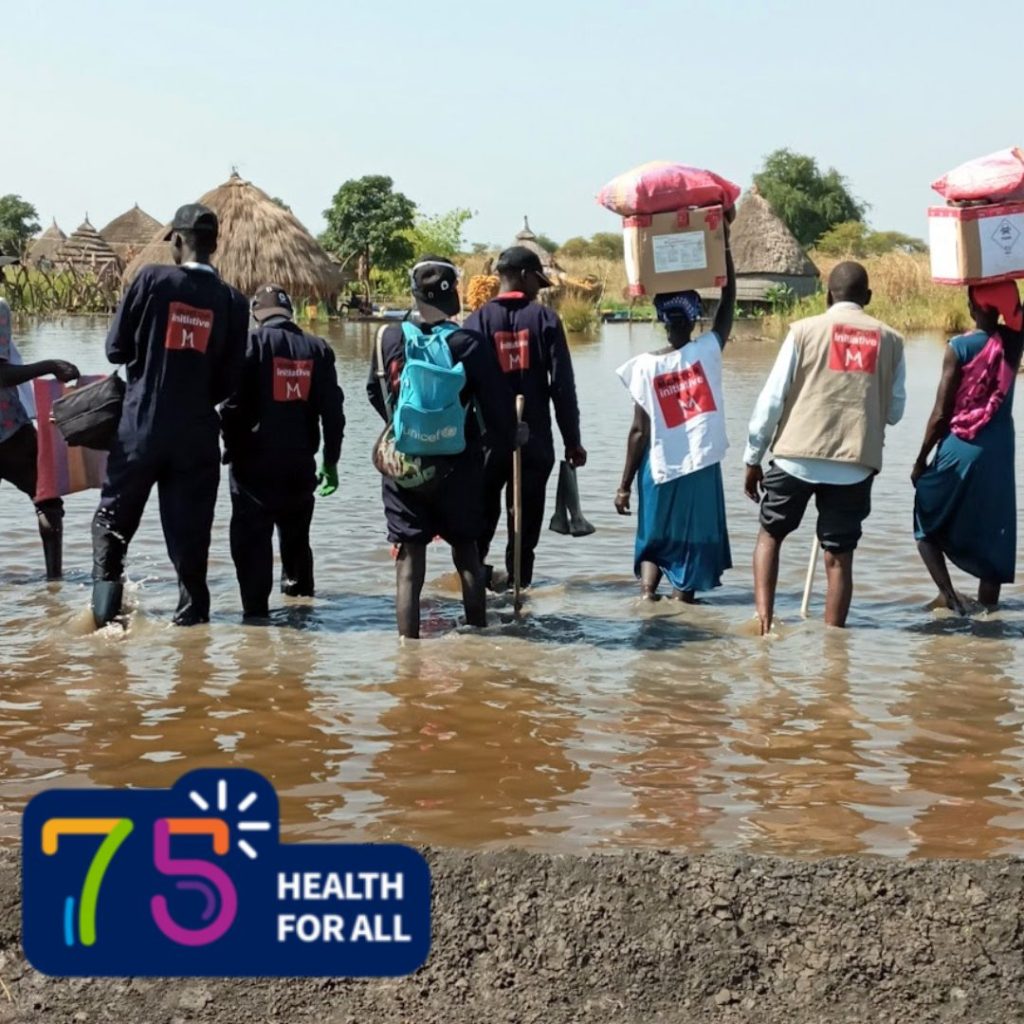
MENTOR works in countries with the highest disease burden and where millions of people are at risk of sickness and death. In these complex humanitarian crises, innovative and integrated solutions help to ensure health really is for all. Some of the ways we deliver healthcare and disease control to hard-to-reach populations: For more details please […]
Sustainable water and sanitation in South Sudan

59% per cent of the population in South Sudan does not have access to safe water, according to UNICEF. Dirty water, poor hygiene practices and a lack of sanitation significantly increases the risk of diseases like cholera and acute diarrhoea – the leading cause of death among children in the country. This crisis is compounded […]
Making water truly safe: WASH and the risk of vector-borne diseases in urban settings

The MENTOR Initiative urge immediate action to integrate disease control with water and sanitation, as the UN 2023 Water Conference gets underway today (22 March) to address the global water agenda. Otherwise, many millions of people living in densely populated urban settings are at risk of death and suffering from vector-borne diseases. Richard Allan, MENTOR […]
Improving hygiene and sanitation in South Sudan
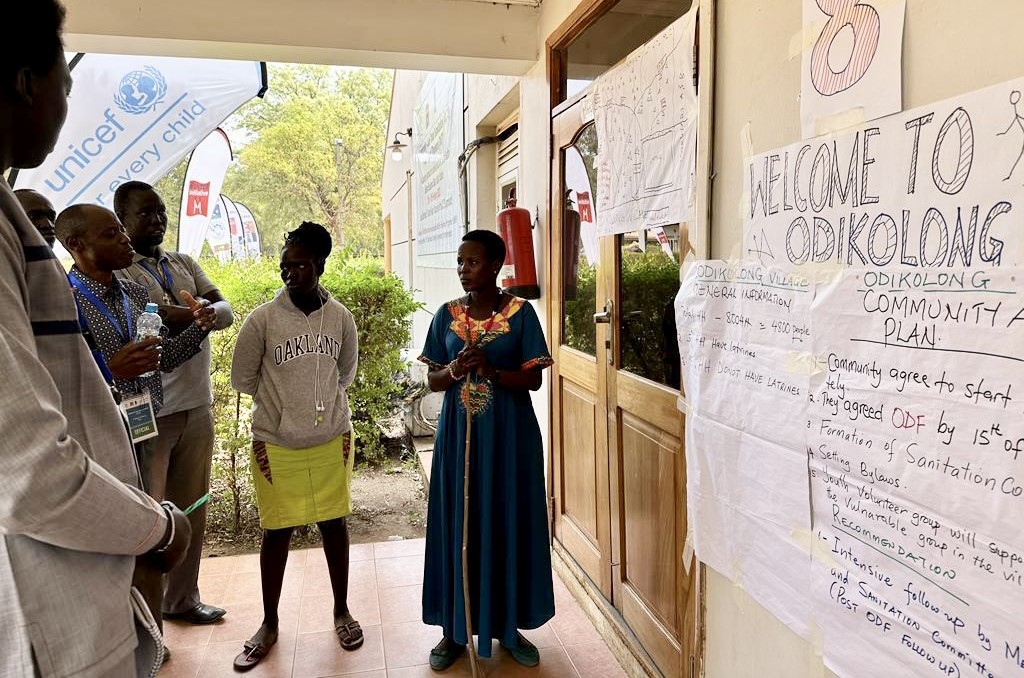
Around 70 people completed training in Community-Led Total Led Sanitation (CLTS) in Torit, South Sudan last week as part of an initiative to make the entire country open defecation free by 2030. South Sudan remains one of the countries with the highest rates of open defecation worldwide. The newly equipped trainers will introduce the effective […]
Education for children affected by conflict in northern Mozambique
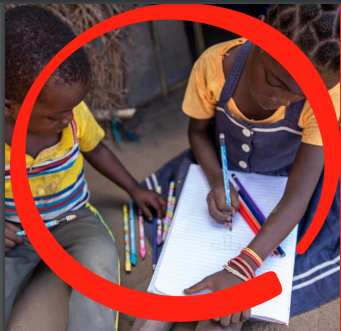
MENTOR and its partners recently implemented a project to increase access to safe and inclusive learning environments for children affected by the conflict in Cabo Delgado, Mozambique. Called Safe and Inclusive Learning (SAIL) the consortium is led by Save the Children International in partnership with Humanity & Inclusion and Associação Progresso, with funding from ECHO. […]
New threat of malaria ‘not previously seen before’ highlighted in Lancet Global Health paper
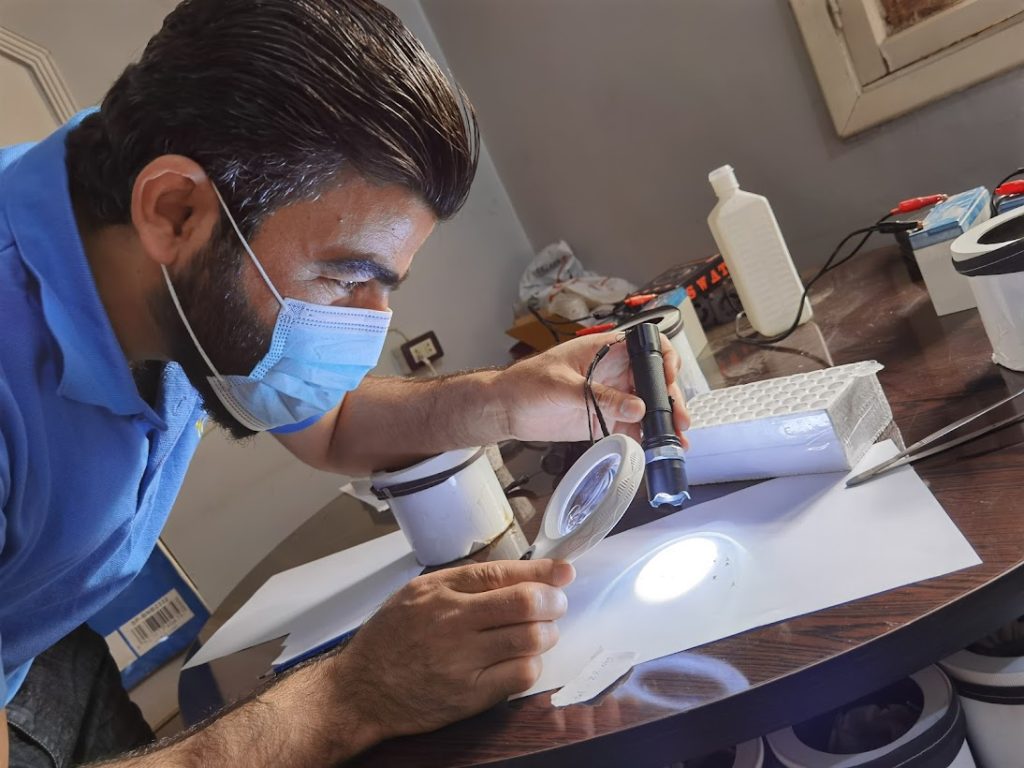
A paper published in The Lancet Global Health journal in November is sounding the alarm about the growing threat of malaria potentially spreading to countries where the disease is not typically endemic. The rapid increase in the population of an invasive species of mosquito Anopheles Stephensi across urban settings from east to west Africa, poses […]
Communities in South Sudan celebrate Open Defecation Free status

Communities in Eastern Equatoria State, South Sudan came together with MENTOR staff and ministry officials in October to celebrate a number of villages being declared Open Defecation Free (ODF). So far 60 communities have been declared ODF, which is achieved after a year since Community-Led Total Sanitation (CLTS) activities were implemented. This initiative is part […]
